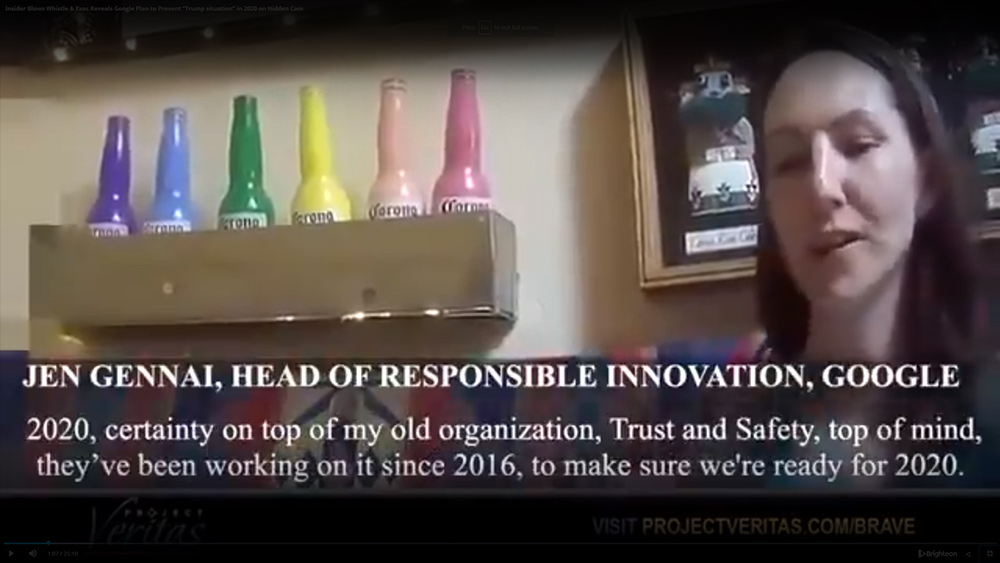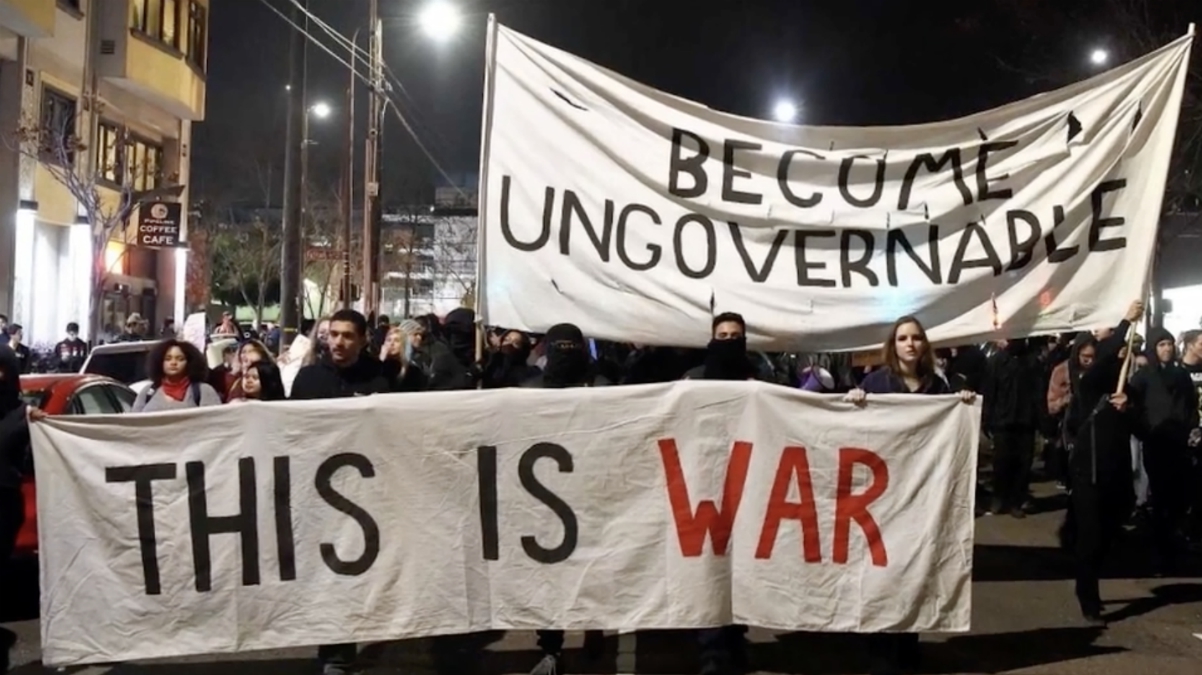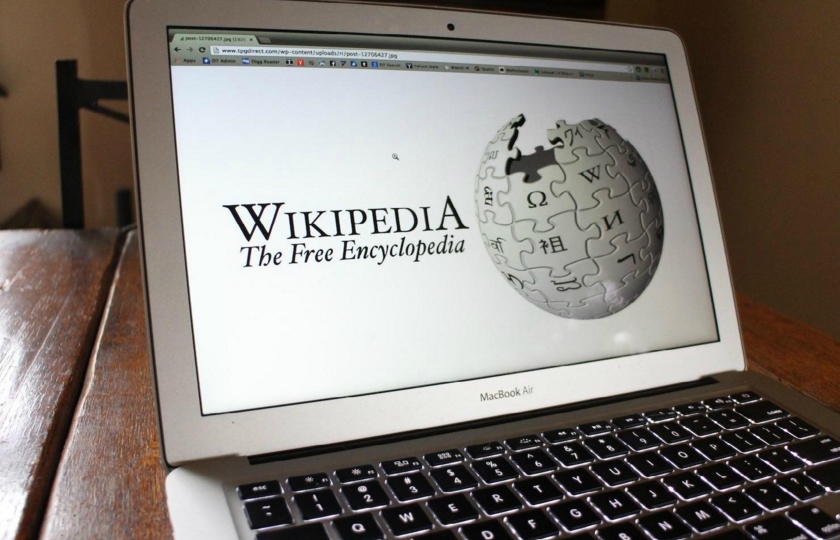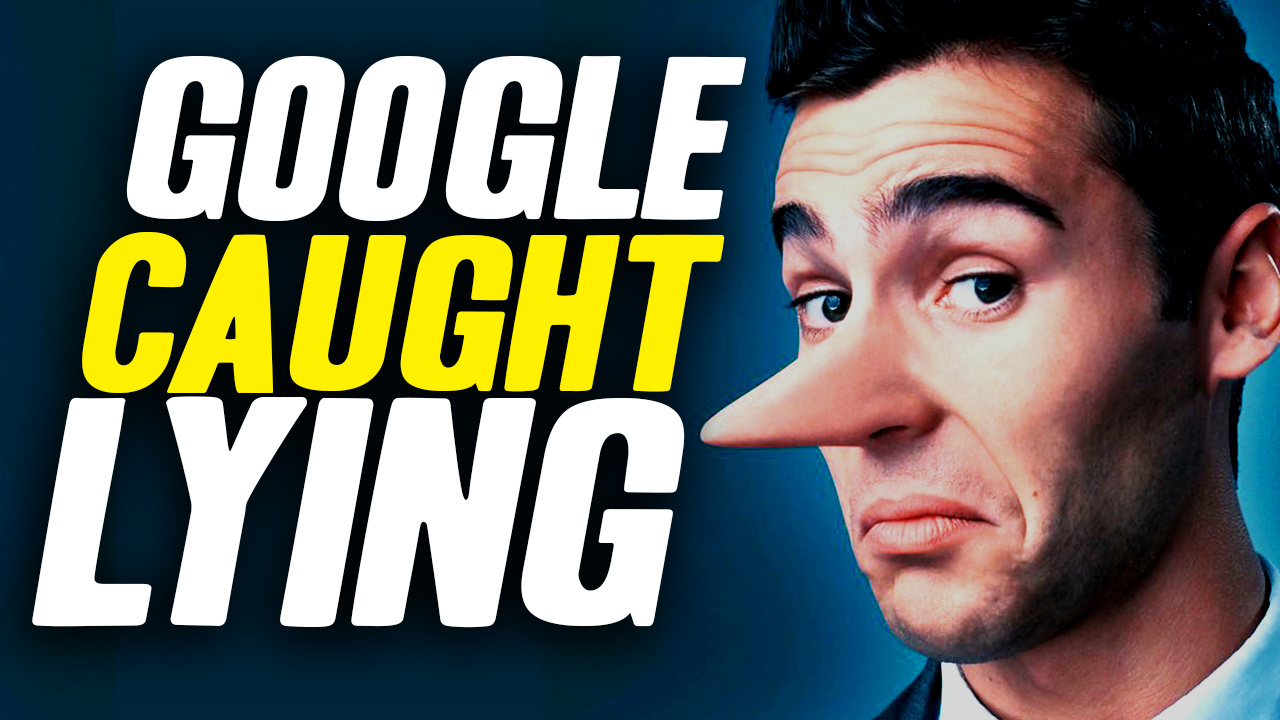Court confirms man can sue Google for defamation
08/23/2018 / By Ethan Huff

An Australian man has successfully pressed his country’s highest court to rule that people can sue Google for defamation whenever the search engine giant publishes false and defamatory information about them.
Milorad “Michael” Trkulja was reportedly shot in the back in 2004 at a restaurant in Melbourne, Australia’s second largest city. And at the time, several articles were published online alleging that Trkulja was somehow connected with Melbourne’s deep “criminal underworld,” which was apparently false.
In 2012, Trkulja successfully argued to the Victoria state Supreme Court that Google engaged in defamation by publishing photos of him that linked him to some of the area’s most hardened criminals. But the Victorian Court of Appeals later overturned this decision, declaring that the case “had no prospect of successfully proving defamation.”
Later on, however, Australia’s High Court countered the ruling and ordered Google to pay Trkulja’s legal costs, setting a precedent for others to sue Google for similar fake news about themselves that might be published on the platform.
“Google searches for ‘Melbourne criminal underworld photos’ bring up images of Trkulja alongside gangland figures, his lawyer Guy Reynolds told the High Court in March,” reads a Yahoo News article about the case.
Google’s lawyers tried to argue that it would be “irrational” for someone to assume photos in a Google image search for underworld figures are all automatically criminals, considering the same search also pulls up the Google logo, movie posters, images of crime victims, and even photos of actor Marlon Brando.
Trkulja also tried to argue that Google’s crimes extend to its “autocomplete” function which, when his name is typed in, brings up phrases like “is a former hit man,” “criminal,” and “underworld.” But the court ultimately decided that autocomplete is an automatic function influenced by a user’s earlier search terms.
The case is now expected to return back to the Victoria Supreme Court for a full trial, though Trkulja has indicated that he plans to continue taking legal action until he obtains the results he seeks. One of Trkulja’s biggest concerns is that his children and grandchildren will see images of him online associated with these terms and assume he’s an actual hardened criminal.
“I will sue Google … and I will sue them till they stop,” he’s quoted as saying.
“I want them to block my pictures. I’m not a criminal, I’ve never been involved and I will make sure these people are not going to ruin my family – I have grandchildren,” he added.
In a response statement, Google explained that it plans to “continue to defend the claim,” adding that that it “decline[s] to comment further on ongoing legal matters.”
If corporations like Google are “people,” then they can be sued just like people
What this case brings to mind is a landmark decision made by our own Supreme Court declaring that corporations are “people.” It was a decision that was made to afford corporations “personal rights,” allowing them to support political candidates without repercussions, for instance.
But if corporations like Google are “people” in the eyes of the law, then that means they can be sued just like real people for “saying” or “doing” things like publishing false information online that’s considered to be defamation. In this case, Google “said” things about Trkulja that were false, and thus should be held criminally liable for defamation.
In fact, everyone who has false information about them that shows up in Google searches needs to sue the tech giant for defamation. If Google is going to be afforded the benefits of “personhood,” then it also needs to shoulder the liabilities of personhood in any and all cases involving real people who are harmed by the company’s “actions” online.
Sources for this article include:
Tagged Under: accountability, autocomplete, corporations, criminal underworld, deception, defamation, disinformation, fake news, False Claims, Google, lawsuit, liability, lies, misinformation, personhood, propaganda, tech giant, technocrat
RECENT NEWS & ARTICLES
COPYRIGHT © 2017 BIASED NEWS



















